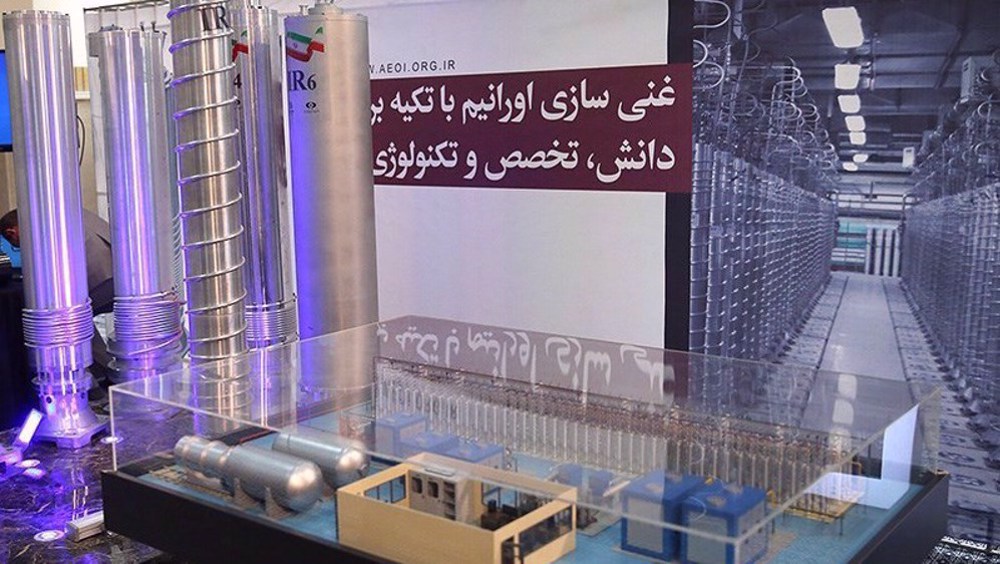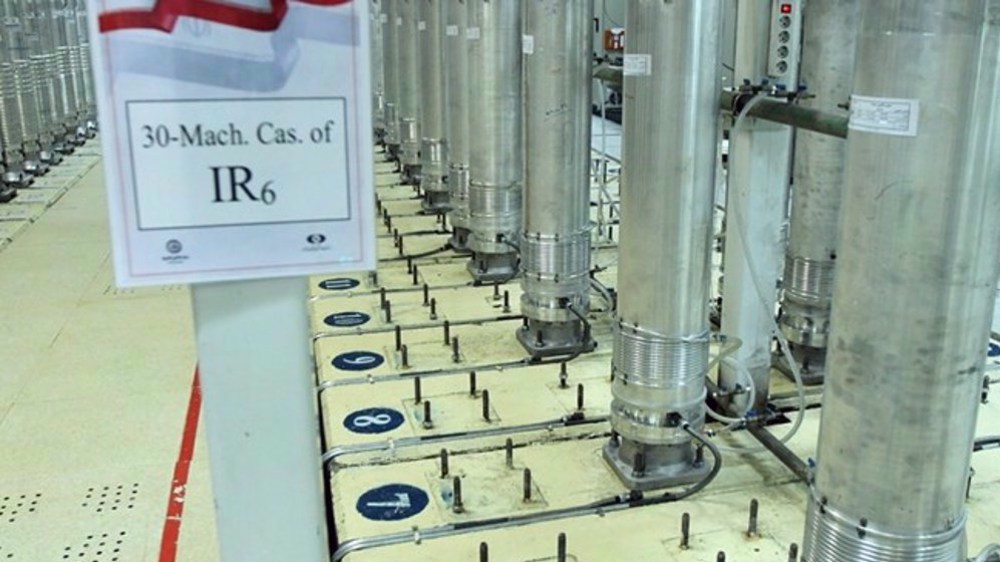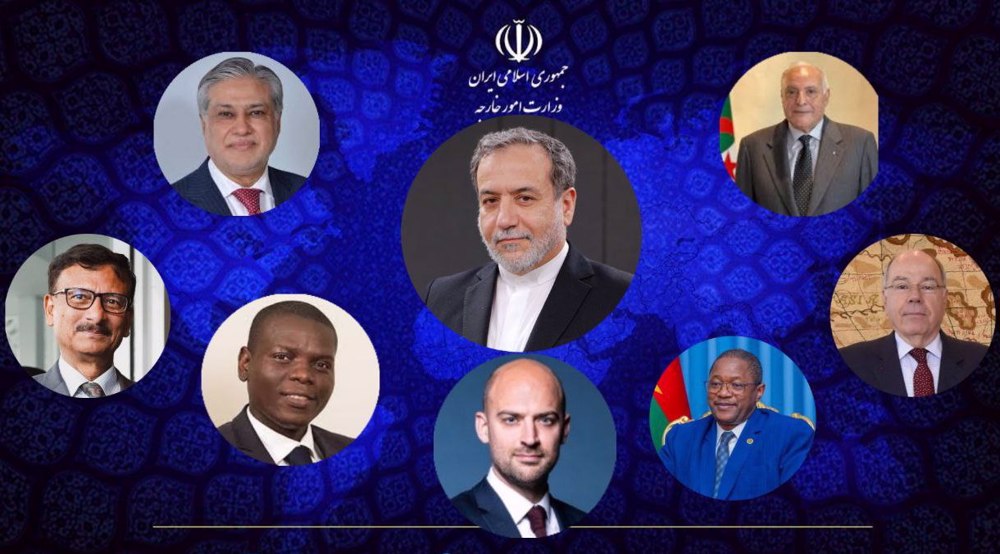Cyber strike empowered Iran: Nuclear chief
Iran’s top nuclear official says the 2011 cyber attack by the US and Israel against the Iranian nuclear energy program worked against their intended objectives and helped improve the Islamic Republic’s readiness against such acts of sabotage.
The head of the Atomic Energy Organization of Iran (AEOI), Ali Akbar Salehi, said the deployment that year of a malware dubbed Stuxnet against Iran’s nuclear facilities made the country realize how it should prepare against such attempts, Tasnim news agency reported on Saturday.
He said Iran can fill “an entire exhibition room with the West’s acts of industrial sabotage [against Iran], things like this very Stuxnet virus.”
“They give us equipment in which they have planted explosives so that it would blow up sometime later, or they interfere with the equipment so that… it later damages the whole system.”
He explained that as an act of precaution, Iran has been checking the pieces of equipment it buys for any potential interference.
“We don’t immediately put to use whatever equipment that we buy; rather, we do all kinds of tests on it, and we don’t use it before there is complete assurance” that it is safe, Salehi said.
“In fact, before the Stuxnet, we were not this careful, and the attack opened up a new science to us. Just by testing different equipment for [potential] industrial sabotage, we learn a lot,” he said.
“We owe them a thank you, of course,” he said jokingly, referring to the US and Israel.
The Washington Post reported in June 2012 that the US National Security Agency (NSA), its spy service CIA, and Israel’s military had worked together to launch Stuxnet against Iran’s nuclear facilities.
Salehi also said Iranian officials are taking the necessary measures to pursue litigation against the perpetrators of the cyber attacks against Iran.
‘Computers attacked at venue of Iran talks’
Meanwhile, Swiss prosecutors have said that they had found malware on a number of computers at a hotel in Geneva that hosted talks between Iran and six other countries on the Islamic Republic’s nuclear program last year.

The hotel, believed to be Hotel Président Wilson, was raided on May 12, 2015 after the state prosecutor’s office, the OAD, launched an investigation over suspicions that illegal intelligence services were operating in Switzerland.
The OAD has, however, had to close the case after failing to establish who was behind the cyber attack that implanted the malware on the computers.
The talks at the Swiss hotel and elsewhere led to the conclusion in Vienna on July 14, 2015 of a nuclear agreement between Iran and the five permanent members of the United Nations Security Council — the United States, Britain, France, China and Russia — plus Germany.
First document signed between Iran, ITER Organization
Also on Saturday, Salehi announced the inking of the first document of cooperation between Iran and the International Thermonuclear Experimental Reactor (ITER) project, an international nuclear fusion research and engineering megaproject.
ITER will be the world’s largest magnetic confinement plasma physics experiment, established in southern France.
Salehi said he hoped that Iran would have joined the ITER project by the end of 2016.
He said Iran and the ITER Organization have committed under the document signed on Saturday to keep information exchanged between them confidential.
The document was signed by Salehi and Bernard Bigot, who is the director general of the ITER Organization, in Tehran.
The important of Venezuela for Iran
Iran beats traditional rival Russia in freestyle and Greco-Roman wrestling friendly
Rape trials trigger protests against French ‘sexist and misogynistic’ culture
US photographer opens Berlin exhibition with anti-Israel speech
VIDEO | Press TV's News Headlines
VIDEO | US 'non-profit killer’ bill targets pro-Palestinian groups
Explainer: How Yemeni military chased away US aircraft carrier from Red Sea?
French march for women of Palestine















 This makes it easy to access the Press TV website
This makes it easy to access the Press TV website